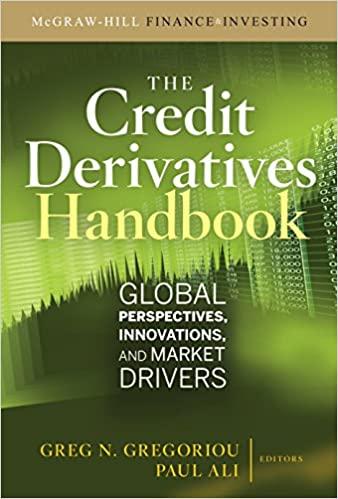Question
Call provisions typically require bond issuers to pay investors an amount greater than the par value, called call premium sinking fund refunding operations call protection
Call provisions typically require bond issuers to pay investors an amount greater than the par value, called
| call premium | ||
| sinking fund | ||
| refunding operations | ||
| call protection |
1 points
QUESTION 22
If a warrant is attached to a bond,
| the bondholder has a right, not an obligation, to sell the bonds back to the issuer at a stated price | ||
| the bondholder has a right, not an obligation, to buy the issuing firm's stock at a predefined price | ||
| the issuer has a right to convert the bonds to a predefined number of shares of its stock at a pre-determined date | ||
| the bond holder has a right, not an obligation, to convert his/her bonds into shares of the issuing firm's common stock at a fixed price | ||
| none of the above |
1 points
QUESTION 23
A convertible bond gives:
| the bondholder the right, not an obligation, to sell the bonds back to the issuer at a stated price | ||
| the bond holder has a right, not an obligation, to buy the issuing firm's stock at a predefined price | ||
| the issuer has a right to convert the bonds to a predefined number of shares of its stock at a pre-determined date | ||
| the bond holder has a right, not an obligation, to convert his/her bonds into shares of the issuing firm's common stock at a fixed price | ||
| none of the above |
Step by Step Solution
There are 3 Steps involved in it
Step: 1

Get Instant Access to Expert-Tailored Solutions
See step-by-step solutions with expert insights and AI powered tools for academic success
Step: 2

Step: 3

Ace Your Homework with AI
Get the answers you need in no time with our AI-driven, step-by-step assistance
Get Started


